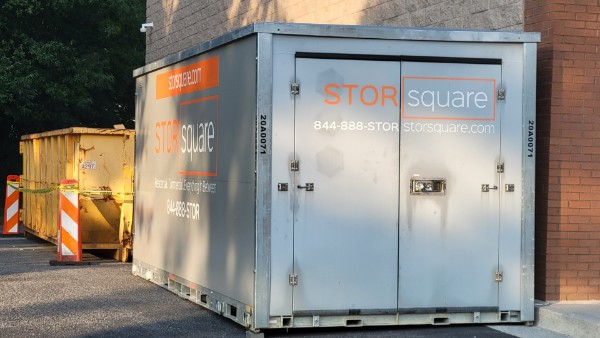Supply chain issues are becoming more urgent in today’s fast-paced retail world, which is why supply chain strategies for retailers have become crucial. Retailers constantly adjust to stay ahead of the competition, managing disruptions like local labor shortages and global delivery delays. Navigating these challenges effectively is essential to maintaining operations and satisfying customer demand. To stay competitive, retailers are adopting a variety of innovative strategies to overcome supply chain hurdles and ensure smooth operations.
Key Strategies for Overcoming Supply Chain Disruptions
- Diversifying Suppliers and Manufacturers.-
Diversifying suppliers is one of the best strategies to reduce supply chain risk. Relying on a single supplier can cause serious problems if they face closures or delays. By collaborating with several providers in various geographical areas, companies may make sure they have fallback options in case of unforeseen interruptions. Even when some suppliers are impacted by local or international problems, this tactic enables shops in locations like Plant City to keep a consistent inventory flow.
- Utilizing Technology and Data Analytics.-In order to overcome supply chain disruptions, modern technology is essential. Retailers increasingly use data analytics for real-time insights into supply chain risks, demand trends, and inventory levels. Businesses can use this information to make better judgments and modify their plans as necessary. Ordering and stock management can be done more effectively with automated solutions that optimize inventory management. Retailers are better able to foresee possible problems before they become serious ones when they use data-driven tools.

- Strengthening Relationships with Local Suppliers.-Another important tactic is to establish solid ties with regional suppliers. Businesses can save lead times and improve supply chain control by using local sourcing. Working with local growers can help merchants guarantee the availability of fresh items and lessen their reliance on distant suppliers in an area like Plant City where agriculture is essential. Additionally, local vendors could be more adaptable when it comes to handling last-minute requests or shifting requirements.
- Adopting Flexible Storage Solutions.-Having access to adaptable storage options is a frequently disregarded component of handling supply chain interruptions. Retailers may need more room for goods due to seasonal spikes or variable demand. Without the long-term commitment of traditional warehouse leases, shops may rent movable storage containers, like those provided by businesses like STORsquare, and modify their storage capacity as needed. Businesses can swiftly store surplus inventory during busy times or unforeseen supply chain disruptions because to this flexibility, which guarantees they can keep up with client demand.
- Improving Communication with Customers.-Keeping customers satisfied amid supply chain interruptions requires clear communication. As a result, retailers are putting more effort into informing their customers about possible shortages, shipment delays, and product availability. Additionally, providing substitute products or projected delivery dates are examples of alternate options that might assist in controlling consumer expectations and lessening frustration. Moreover, being open and honest throughout interruptions not only promotes transparency but also fosters long-term client loyalty and trust.

